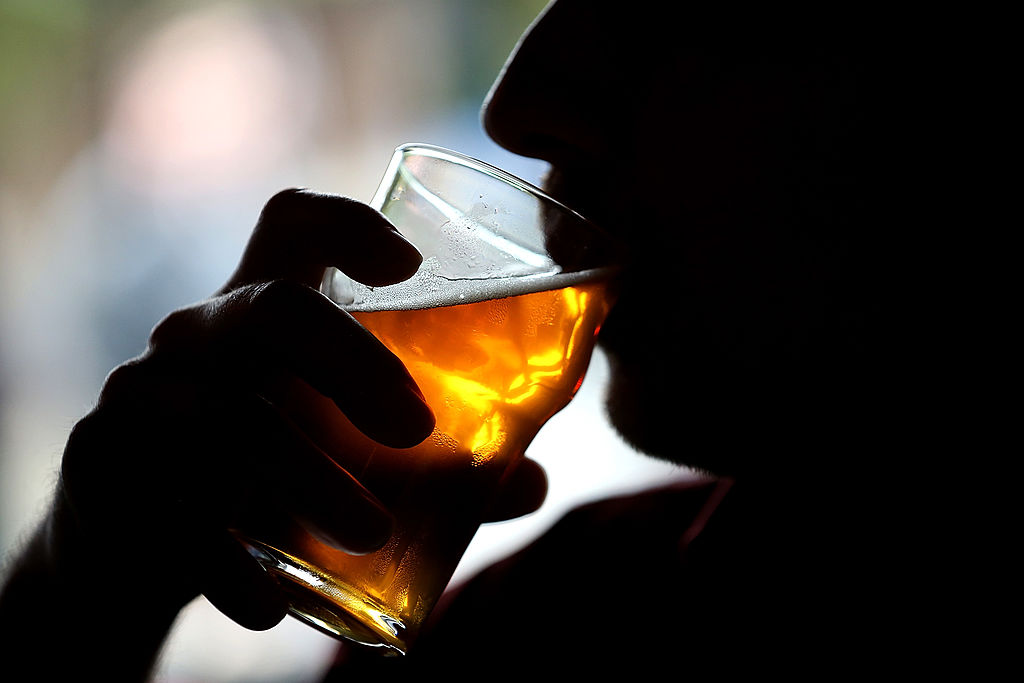Weather trends brewing worries for beer drinkers
(WISH) — IPA and other hop-heavy beer drinkers may want to crack open a cold one of their choice for this article.
According to a report published Tuesday in the journal Nature Communications, warming weather patterns are predicted to have an impact on the growth and taste of hops used in brewing beers.
Researchers found yield trends are showing a potential 18% decline for hop growers in the next 27 years. Additionally, those hops are starting to lose a critical bitter component for increasingly popular strong flavor profiles.
The study focused on the leading beer-producing European countries: Germany, the Czech Republic, and Slovenia. The Europe-based research team collected weather data and climate models between 1970 and 2050 to examine past and forecasted effects of climate change.
They found that warming temperatures have shifted the beginning of the growing season for hop farms by 13 days from 1970 to 2018.
Miroslav Trnka, study co-author and researcher at the Global Change Research Institute, spoke with CNN on the research. Trnka said her team’s results can relate to shared risks in beer-producing regions in the U.S., such as the Pacific Northwest.
“One of the side motives of this study was to illustrate how climate change might be important for even those who think it doesn’t matter,” Trnka told CNN. “We are really seeing changes that are affecting things that we value, like the taste of beer. Climate change really can have an effect on it, or at least have an effect on commodities that are critical for production.”
CNN also sought input from a food and beverage management expert uninvolved in the study. Douglass Miller, a senior lecturer at Cornell University, said brewers may ultimately have to work with different flavor profiles from other types of hops.
“With climate change affecting a vast number of agricultural crops, I’m not surprised,” Miller said. “Hops are also finicky plants and there might be some crop failures.”
Unrelated studies have found beer to be the world’s third most widely consumed beverage after water and tea, the study noted. The researchers involved have called for immediate adaptation measures, such as field location and irrigation strategies for farmers.
